The story of
Sophia Jex-Blake, pioneer of women's medicine
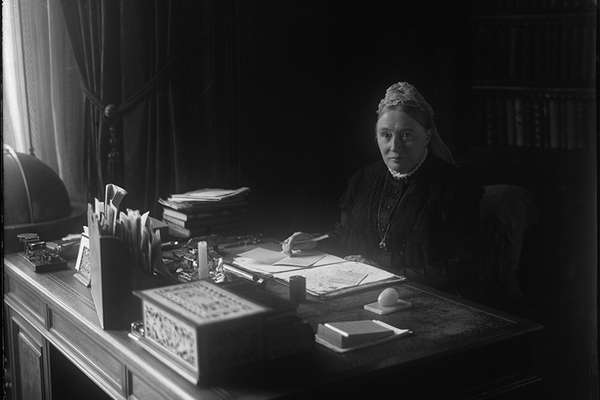
Sophia Jex-Blake (1840–1912) was a physician and campaigner who fought for women’s access to university education.
Highlights from our Victorian records reveal a time of rapid change. Innovations in transport saw millions travel on the railways and emigrate all over the world. Meanwhile patents and advertisements for new products were often as beautiful as they were practical.

The story of

Sophia Jex-Blake (1840–1912) was a physician and campaigner who fought for women’s access to university education.
Record revealed
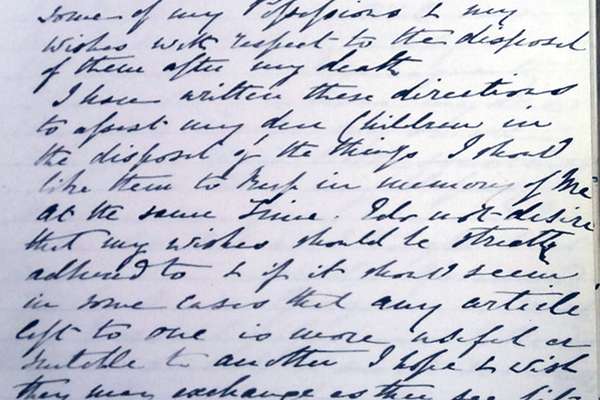
This book caused confusion and disagreement among family members, but also provided an unusually intimate view of this well-known household.
The story of
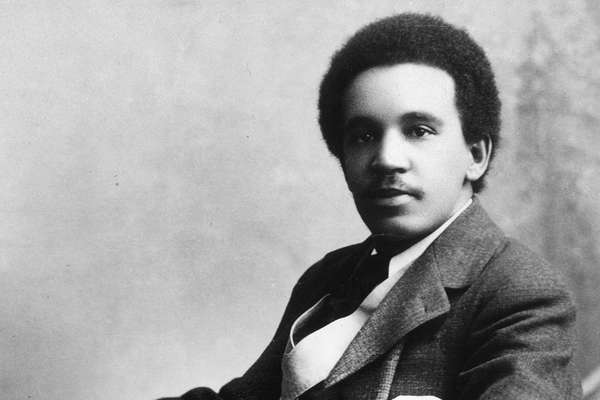
Samuel Coleridge-Taylor (1875–1912) was a trailblazing British composer and conductor from the late 19th and early 20th centuries.
Record revealed
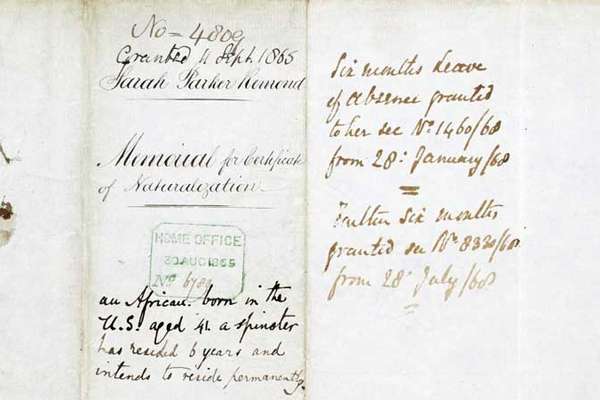
Sarah Parker Remond (1826–1894) fought for a more equal world as an abolitionist and suffrage supporter. Why and how did she apply for British citizenship?
Record revealed
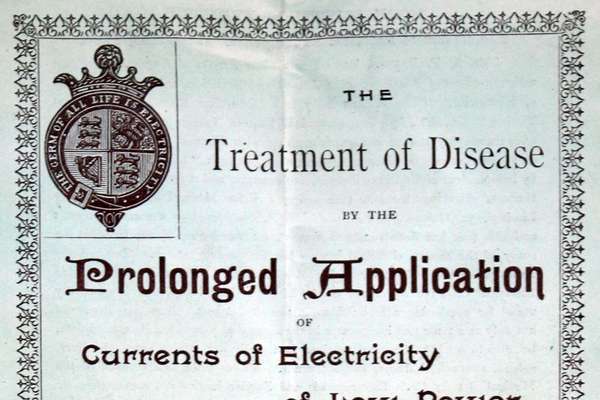
Unexpectedly surviving among some court papers, this medical belt was one of a number of Victorian devices that claimed to use the power of electricity to cure.
The story of
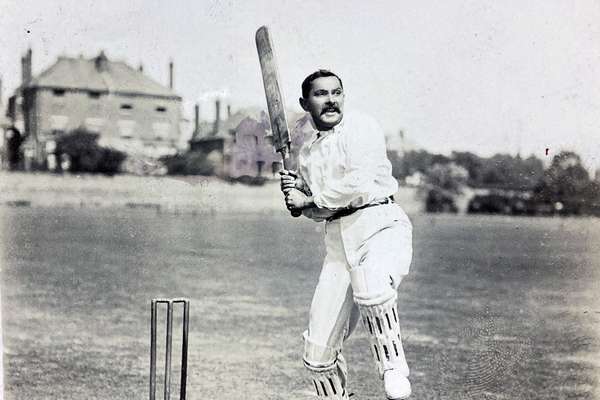
How did an Indian prince come to play at the highest level of England’s national sport?
Focus on
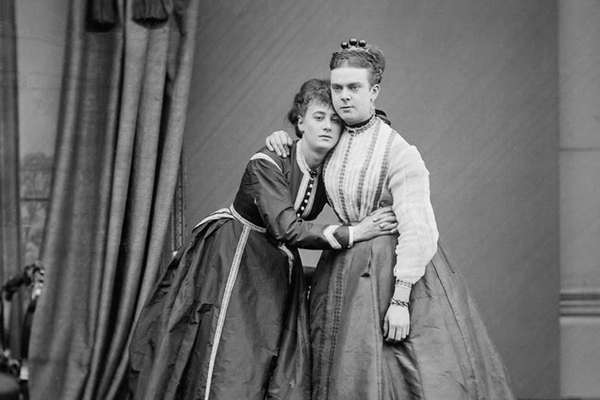
Did you know that the word ‘camp’ was used by members of the LGBTQ+ community as early as 1868?
The story of
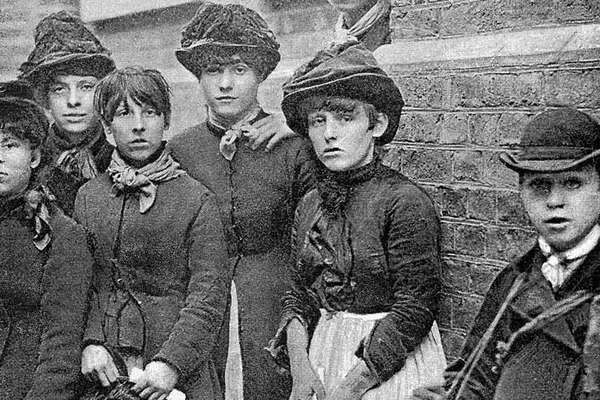
In 1888, the women and girls employed by Bryant & May in the East End of London went out on strike. Why did these workers feel so driven to remove their labour?
Record revealed
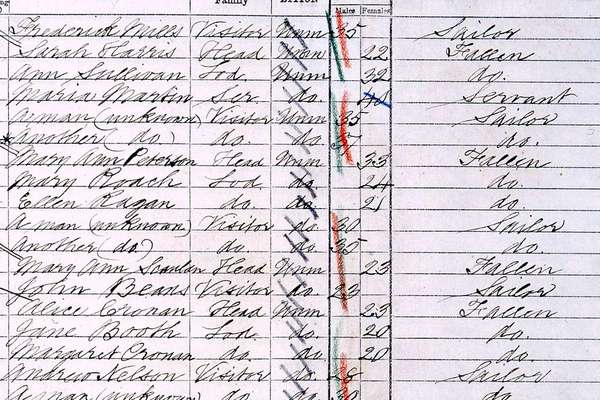
Who lived in the real Albert Square and what can their lives tell us about 19th-century London life?
Record revealed
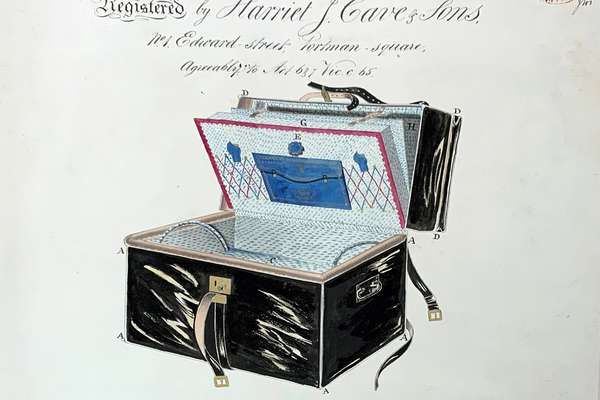
In 1866, a British luggage manufacturer attempted to capitalise on the expansion of railway lines with a unique and royal travel bag.
Record revealed
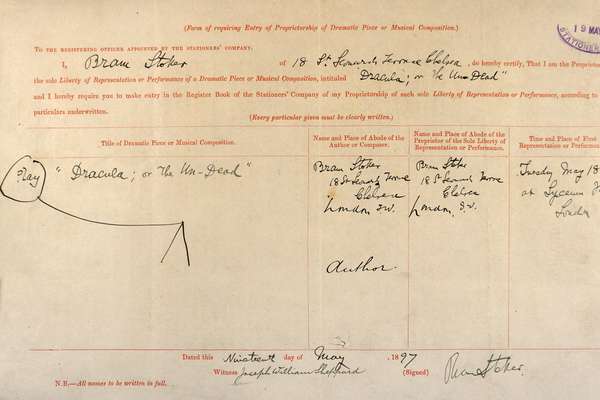
The Irish author completed this form to register ownership of a play titled ‘Dracula; or the Un-Dead’, and thus his seminal novel. It would prove important.
The story of
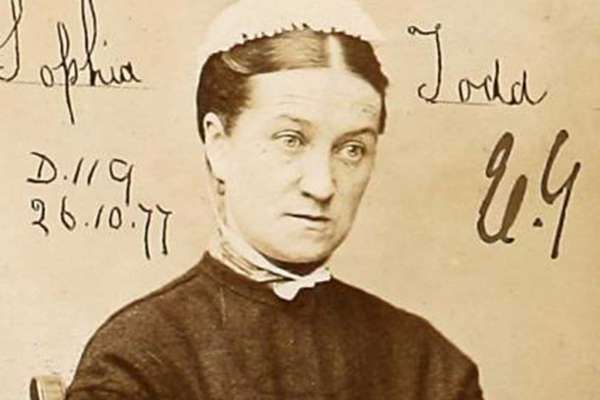
Was a woman arrested for murder in Victorian Liverpool an unfortunate person caught up in a series of ill-fated events, or something much more sinister?
The story of
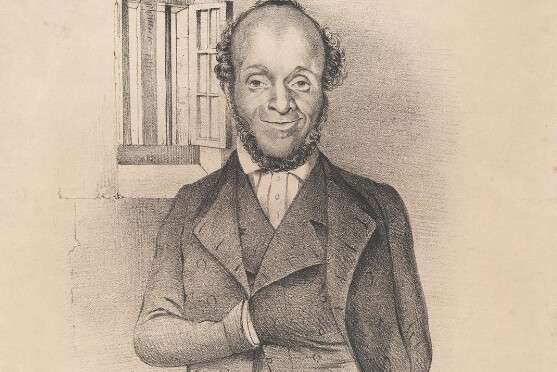
William Cuffey (1788–1870) was a disabled, working-class campaigner. He was a leading figure in the Chartism movement, famed for his powerful oratory.